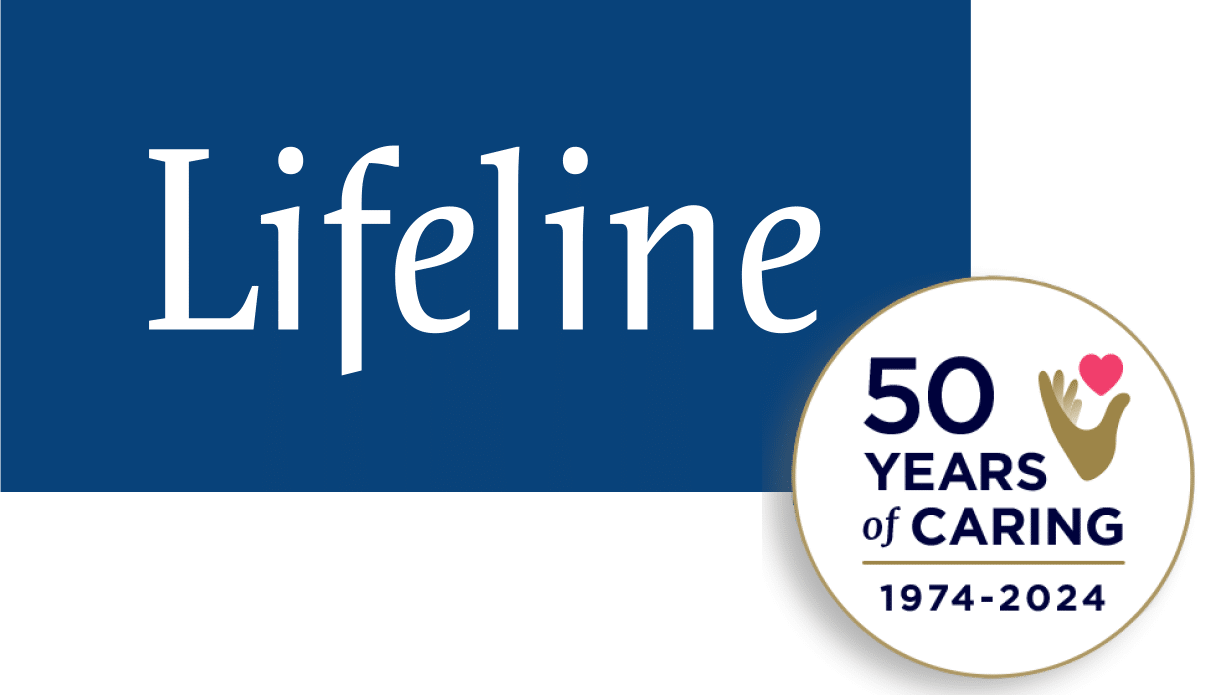Lifeline is for people of all ages
Author: Lifeline Canada
Date: 7 October 2020
A significant number of Lifeline medical alert system subscribers are younger adults managing chronic conditions. Meet one of them.
Think Lifeline is only for older adults? Think again.
Thousands of Canadian Lifeline subscribers are under the age of 65, with some as young as their early teens. They rely on Lifeline to help them manage chronic conditions that could result in a medical emergency requiring fast medical help.
Nigel F., a bright, 25 year-old University of Saskatchewan kinesiology student, is one of these young subscribers. At the age of five, he was having problems with his fine motor skills, diminished muscle tone and strabismus (misalignment) of the eyes and was taken for a CT scan. The scan revealed a growth in the lower pons and medulla of his brain stem that extended into the upper cervical cord down to the C6 level. Nigel’s doctor told his mother that he would not live much longer. Fortunately, the doctor was wrong.
Over the course of several more months of follow-up and numerous MRIs, no changes in the lesion were detected but doctors weren’t able to determine what was causing it. A biopsy was not carried out because it was felt that the risks were greater than the benefits. “I was referred to as a conundrum,” Nigel recalls with a chuckle.
In the years that followed, Nigel’s condition remained stable until 2007 when he developed drop foot, severe spasticity and tremors that affected his whole body. After more MRIs, it was discovered that his tumour had grown larger and he began eight weeks of radiation treatment to slow or stop the tumour’s growth. Unfortunately, the radiation treatment caused an incomplete, non-traumatic spinal cord injury which led to further complications such as glaucoma and epilepsy. He began experiencing falls, blackouts and seizures so severe that he sometimes doesn’t remember them.
Today, Nigel and his doctors continue to treat his symptoms as best they can. Despite his many health problems, Nigel remains upbeat and positive about his future and continues his studies at the University of Saskatchewan.
Two life-changing helpers
Nigel’s ability to enjoy his independence has recently been significantly enhanced by what he calls “two life-changing helpers”. The first is the Walkaide functional electrical stimulation device by Innovative Neurotronics.
“Walkaide is an electrical stimulator that straps onto the side of my calf,” says Nigel. “It overcomes foot drop by stimulating the muscles to lift my foot at the appropriate time during the step cycle. I was amazed at how well it worked. Sometimes I like to just walk because I can!”
Nigel’s second “life-changing helper” is the Lifeline’s mobile medical alert service.
“My physiatrist recommended I look into getting a medical alert service,” he says. “I did some research and found Lifeline. They had a wireless service that I liked a lot because I don’t have a landline.
“The wireless service is perfect for someone like me who has a chronic illness. It lets me stay independent safely and it’s so wonderful not to have to worry about how I would get help if I have another unnoticed seizure. And I like that it’s waterproof so I can wear it in the shower.”
Nigel recommends the Lifeline service strongly for anyone who is managing a chronic condition where help might be required quickly. “Lifeline makes everything worry-free. It’s really reassuring to know that someone is always there.”
Nigel’s indomitable spirit and enthusiasm for life are inspiring. “I have two choices: I can sit at home, do nothing and deteriorate at a much faster rate or I can choose to keep moving full steam ahead with the help of the tools available to me. I am choosing to keep moving ahead!”
What You Should Do Now:
Here are 5 ways we can help you or your loved one live safer and more independently at home as long as possible:
- Get our latest tips, tools and resources straight to your inbox. Sign up for our monthly newsletter.
- Not sure if the time is right for a medical alert service? Take this quick assessment to find out.
- If you would like to learn how to live a healthier and safer lifestyle, go to our blog or visit our resources section, where you can read and download guides.
- Wondering which medical alert system company is the best for your needs? We’ve put together a guide comparing the best medical alert systems for you.
